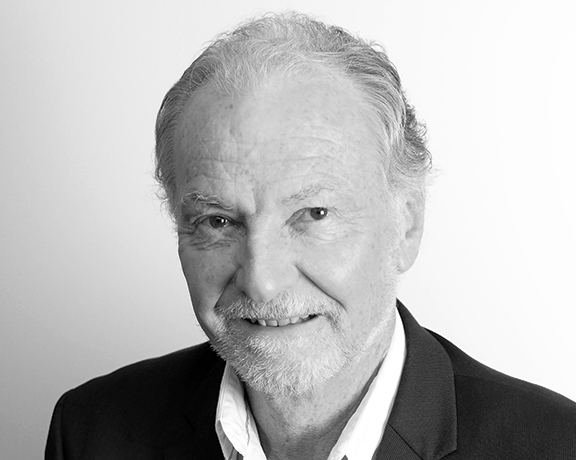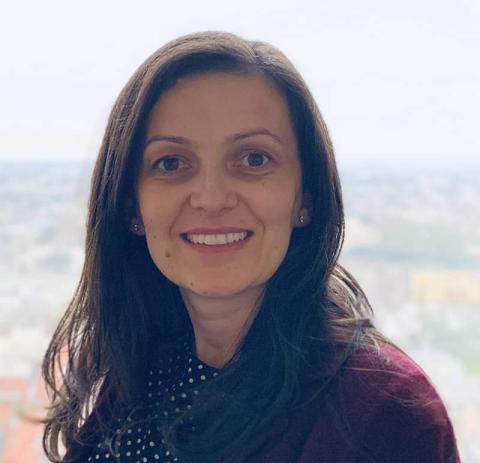The LA CaTS Pilot Grants Program is pleased to announce the awardees of the Round 12 Multi-Institutional Pilot Grants Funding Opportunities. The goal is to develop collaborative research that results in highly significant preliminary data that can be used to compete for large multi-institutional or multi-PI federal grants, such as center planning grants, center grants, or program project grants. Abstracts for each project can be found on our Pilot Projects page: /research-funding/pilot-projects/.
Congratulations to the following awardees:
|
|
Cerebral Microvascular Dysfunction and Neuroinflammation - A Novel Mechanism Mediating Cardiovascular Risk in Chronic Kidney Disease
Louisiana ranks 4th in the country for deaths from chronic kidney disease (CKD). We hypothesize that this excess mortality is due to increased sympathetic nerve activity (SNA), neuroinflammation, and cerebral microvascular dysfunction. We will test our hypothesis by the following specific aims 1) Investigate the extent to which microglial activation mediates excess SNA in CKD: Our hypothesis predicts that depletion of microglia will attenuate neuroinflammation and excess SNA in mice with CKD. 2) Determine the mechanism by which microglia and neuronal signaling pathways synergize to induce neuroinflammation: We will use scRNA-seq to identify pathogenic interactions between microglia and neurons 3) Determine the molecular mediators of cerebral microvascular dysfunction in CKD We will combine seahorse technology and proteomics to identify defects in brain microvascular cells from mice with CKD. These studies will firmly establish the novel role of neuroinflammation in CKD and pave the way for new drug discovery.
|
|




